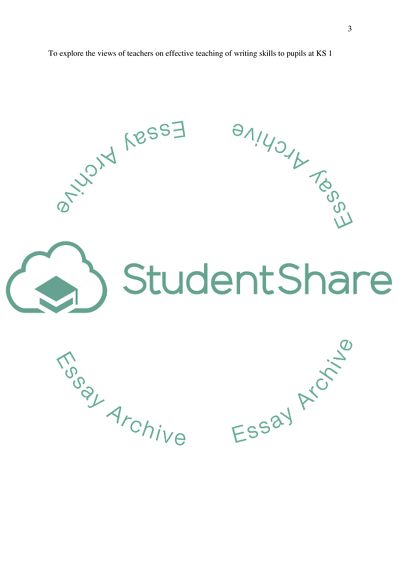Cite this document
(The Impact of Effective Teaching on Pupils Writing Achievement Research Proposal Example | Topics and Well Written Essays - 1750 words, n.d.)
The Impact of Effective Teaching on Pupils Writing Achievement Research Proposal Example | Topics and Well Written Essays - 1750 words. https://studentshare.org/education/1797916-research-for-enquiry
The Impact of Effective Teaching on Pupils Writing Achievement Research Proposal Example | Topics and Well Written Essays - 1750 words. https://studentshare.org/education/1797916-research-for-enquiry
(The Impact of Effective Teaching on Pupils Writing Achievement Research Proposal Example | Topics and Well Written Essays - 1750 Words)
The Impact of Effective Teaching on Pupils Writing Achievement Research Proposal Example | Topics and Well Written Essays - 1750 Words. https://studentshare.org/education/1797916-research-for-enquiry.
The Impact of Effective Teaching on Pupils Writing Achievement Research Proposal Example | Topics and Well Written Essays - 1750 Words. https://studentshare.org/education/1797916-research-for-enquiry.
“The Impact of Effective Teaching on Pupils Writing Achievement Research Proposal Example | Topics and Well Written Essays - 1750 Words”. https://studentshare.org/education/1797916-research-for-enquiry.


